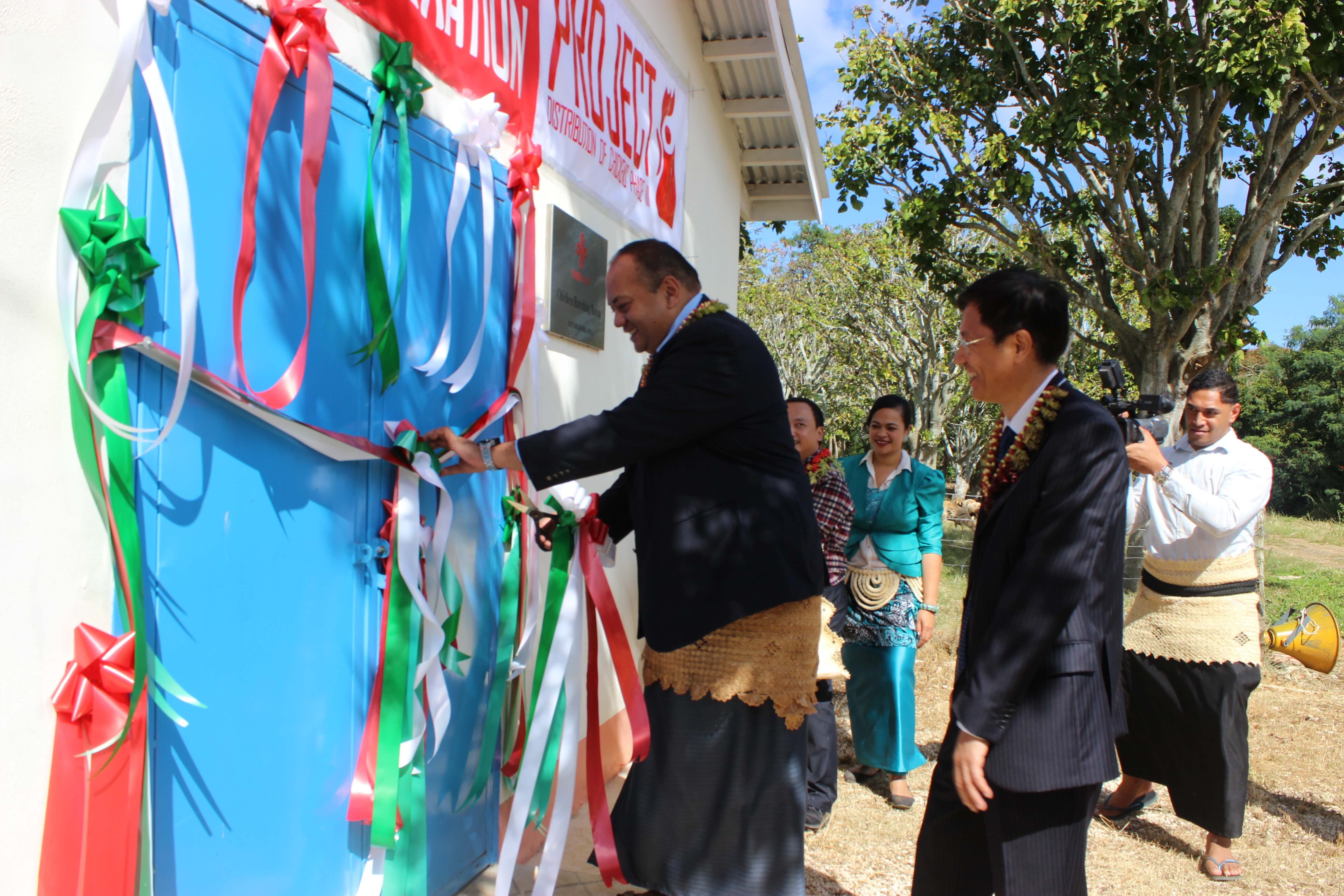
TONGA has many challenges on food security as well as in the Pacific which we need to address.
These issues include our reliance on imported food products where they have poor nutritional value, high and expensive prices of food products and over 50 percent of an average household income spent on food to feed the family.
Another challenge is the over- arching impact of the climate change which brings prolonged drought and less rainfall that affected our food security.
The hatchery facility project objective is to assist the farming communities and local household in Tonga and inspiring to see how it could alleviate the many challenges on food security.
In the past year, it was estimated that Tonga spends about $40 million on imports of meat products. Self-sufficiency for a Tongan households can encourage the household to raise their own chicken and grow their own crops for consumption and to meet their family and church obligations. Any income earned can be saved to meet other necessities.
Deputy Prime Minister Hon. Siaosi Sovaleni made these remarks when launching a hatchery facility funded by the government of the People’s Republic of China and implemented by the China Aid Agro-Tech Cooperation at Vaini Experimental Farm last week. The event was held to coincide with the parliamentary visit meeting with CEO Losaline Ma’asi and Senior Officials of the Ministry of Agriculture, Food, Forestry and Fishery (MAFFF).
Hon. Sovaleni said that with the current project, technical assistance are provided with the hatchery facilities where staff of the Vaini Experimental Farm are familiarized with these technologies, and capacity building is provided.
Head of Livestock Division, ‘Ana Pifeleti told the visiting MPs, who witnessed the good work with the Chinese project, that before the chicks are given away local farmers must undertake training for skills and knowledge on poultry production.
“Farmers must register for the programme and must fulfil all necessary requirements on poultry production before the chicks are distributed,” emphasized Pifeleti.
So far there have been four distributions of chicks since February this year. 321 households have been distributed with 20-50 chicks to raise for food security.
“The good news from these families they have sold some of the chickens and also have helped with the church obligations. The supply of chicken through the hatchery facility is likely to continue for the next three years,” said the Deputy PM.
Hon. Sovaleni conveyed to the Chinese Ambassador His Excellency Mr. Huang HuaGuang that Tonga is very grateful with the assistance which benefited its households especially with a majority relying on agriculture as their source of livelihood.
“More importantly these households are the most vulnerable ones when we have disasters on hike in prices of goods, natural disasters and climate change affecting agriculture, they will be the first to experience its impacts.
Hon. Sovaleni further elaborated on the need for the continuity of the project.
“We need to ensure sustainability of such assistance to the Tongan household thus the emphasis on capacity building of the staff to strengthen the linkage/delivery of services to the farming communities and maintaining the interests of household for self-sufficiency and to ensure the continuous production of food-crops for the household need on food security.
At the same time it is important for MAFFF and staff before the Chinese project completes, to identify alternatives for the continuity of the initiative and see how it can help reduce the imports of meat from overseas countries. Capacity building of the farming communities for self-sufficiency need to be addressed to ensure that it will cover the outer islands,” explained the Deputy PM.
